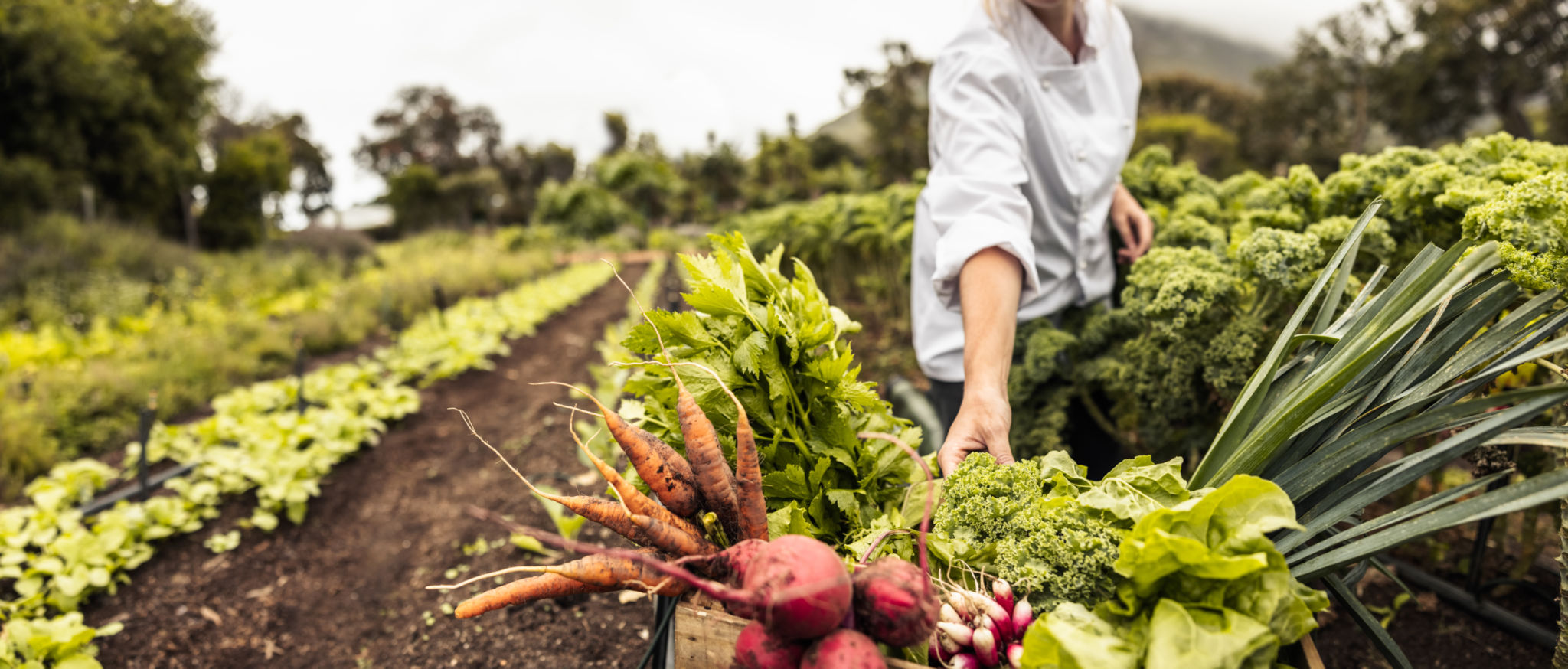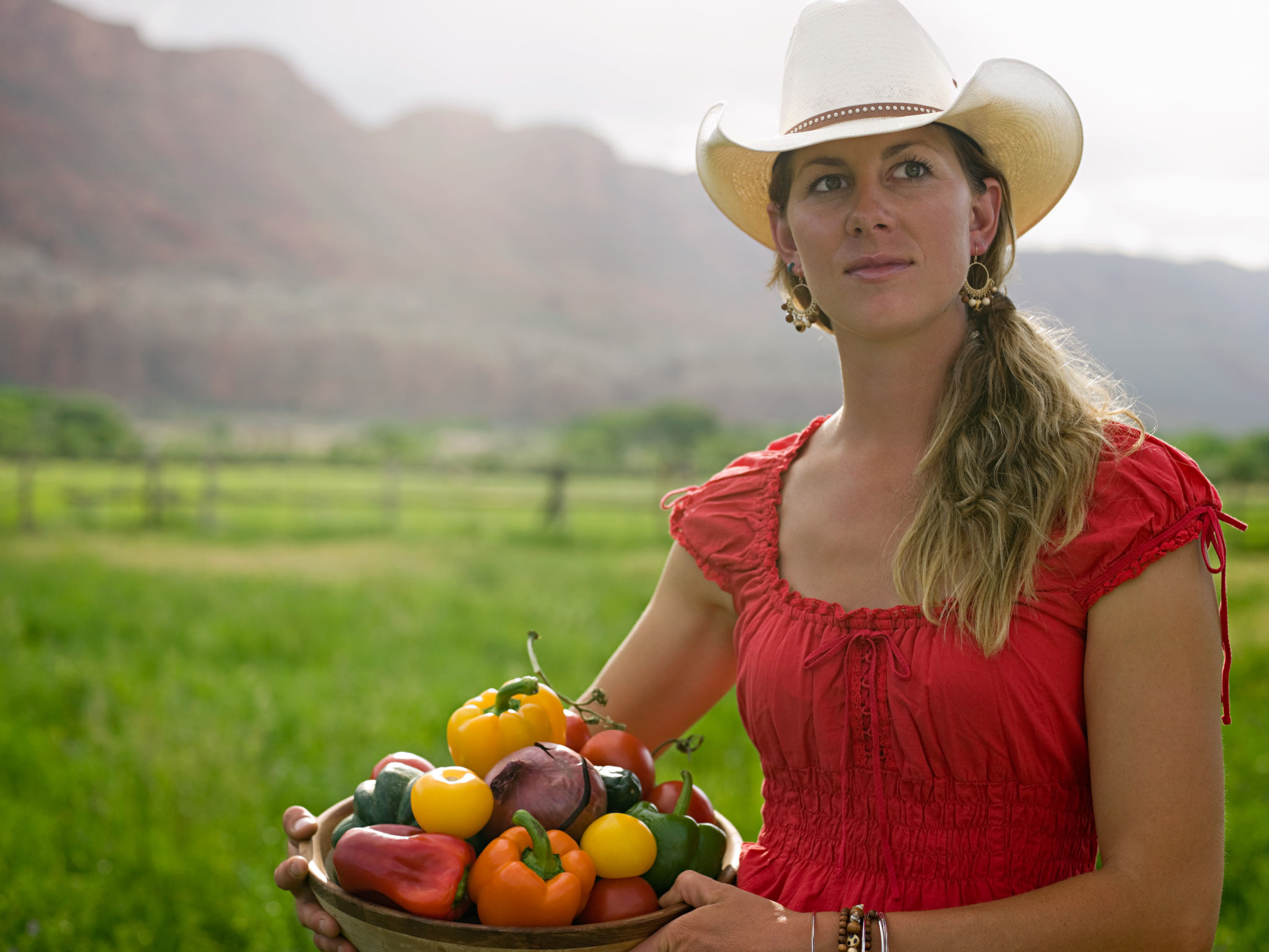A Comprehensive Guide to Organic Farming in Indonesia
Understanding Organic Farming
Organic farming is increasingly gaining traction worldwide, and Indonesia is no exception. This sustainable farming method emphasizes the use of natural processes and materials to cultivate crops and raise livestock, minimizing the reliance on synthetic inputs such as fertilizers and pesticides. By adhering to these principles, organic farming not only enhances environmental health but also promotes biodiversity and improves soil fertility.

The Rise of Organic Farming in Indonesia
In recent years, Indonesia has experienced a notable shift towards organic agriculture. This change is driven by growing consumer demand for healthier food options and increased awareness of environmental sustainability. The Indonesian government has also played a pivotal role by introducing policies and initiatives that support organic farming practices and certification. As a result, more farmers are transitioning to organic methods to meet this rising demand.
Key Principles of Organic Farming
Organic farming in Indonesia is guided by several core principles designed to maintain ecological balance and promote sustainable agricultural practices. These principles include:
- Soil Health: Utilizing natural composting techniques and crop rotation to improve soil quality.
- Plant Diversity: Encouraging a variety of crops to enhance biodiversity and reduce pest infestations.
- Natural Pest Management: Implementing biological control methods instead of chemical pesticides.

Benefits of Organic Farming
The benefits of organic farming extend beyond environmental impacts. For farmers, it can lead to reduced input costs since they rely less on expensive synthetic fertilizers and pesticides. Additionally, organic produce often commands higher market prices, offering better financial returns for farmers. Consumers benefit from healthier food options free from chemical residues, while the environment benefits from reduced pollution and enhanced biodiversity.
Challenges Facing Organic Farmers in Indonesia
Despite its advantages, organic farming in Indonesia faces several challenges. Farmers often struggle with the initial transition period when shifting from conventional to organic methods, as it requires significant changes in practices and mindset. Access to organic seeds and natural fertilizers can be limited, posing additional obstacles. Furthermore, achieving organic certification can be a complex and costly process, deterring some farmers from pursuing it.

Government Support and Initiatives
The Indonesian government has recognized these challenges and is actively working to support organic farming initiatives. Various programs offer training and resources to help farmers transition to organic methods. Subsidies and financial assistance are also available to ease the burden of certification costs. By fostering a supportive environment, the government aims to increase the adoption of organic farming across the country.
The Future of Organic Farming in Indonesia
Looking ahead, the future of organic farming in Indonesia appears promising. With continued support from both the government and consumers, the sector is poised for growth. Increased investment in research and development will further enhance organic farming practices, leading to improved productivity and sustainability.
As awareness of the benefits of organic agriculture continues to spread, more Indonesian farmers are likely to embrace these sustainable practices, contributing to a healthier planet and a more robust agricultural sector.